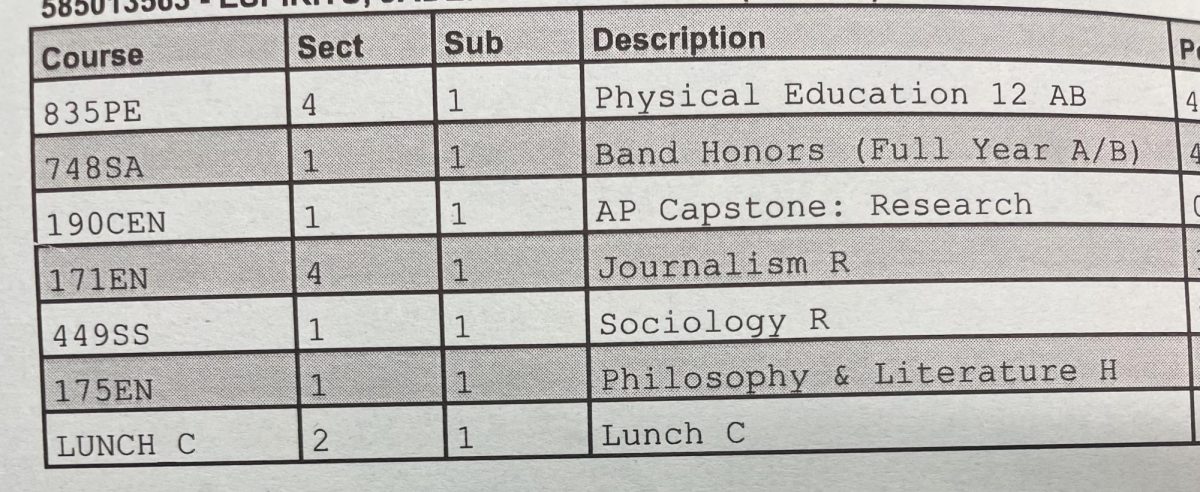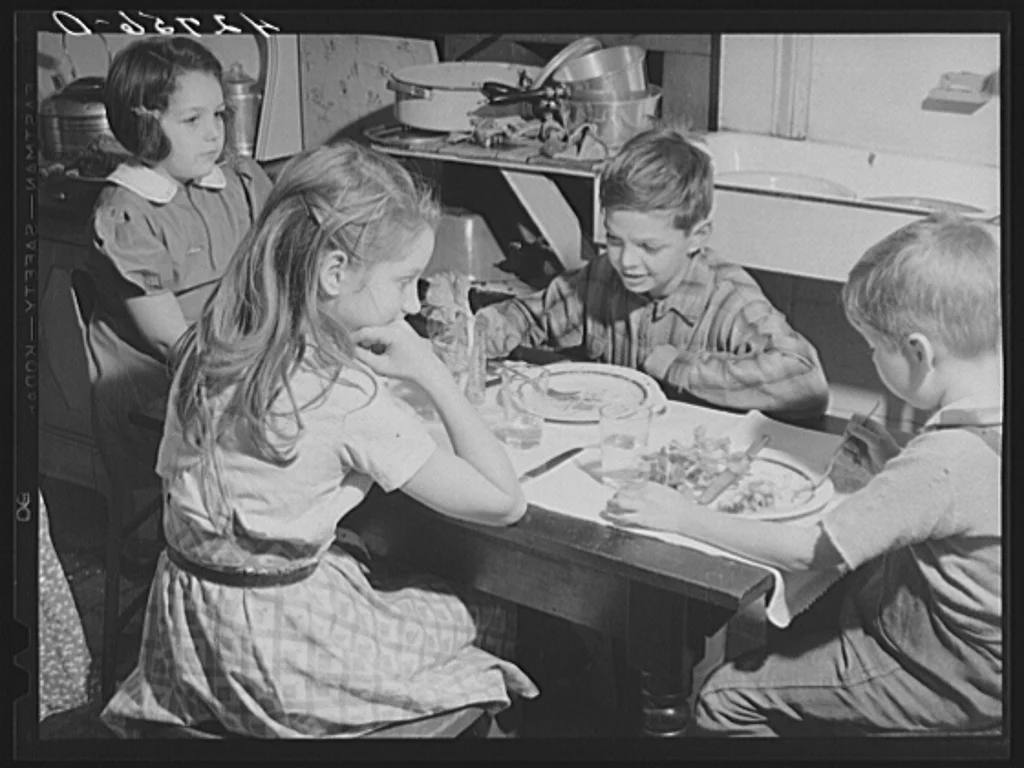
Often when individuals pose the question, “Why learn history?” the default response is something to the effect of, “To learn about the mistakes of the past in order to prevent them in the future.” While this is certainly a valid explanation for the study of history (though I would argue that anything intellectually stimulating is worthy of study regardless of its practical applications), it fails to impress the degree to which history impacts the intellectual, social, and political realms of life. It is my objective in this piece to share thoughts on why the integrity of history as a subject extends beyond the hackneyed, oversimplified reply that the question “Why learn history?’ often receives.
The first practical reason I propose is that history provides precedents, and these precedents are not just limited to political, governmental, or foreign affairs. Surely, the Supreme Court may refer to landmark cases in guiding its own decisions, or policymakers by necessity may look at the history of a foreign conflict to guide present approaches to handling the conflict. But these reasons still do not address why historical precedents are influential to the typical student of history. Above all, I think historical precedents offer guidance on how to effect change, on however minute or grand a scale. I, for example, look to the women who figured prominently in the several waves of the feminist movement in considering how I can individually contribute to feminist goals, specifically those in the male-dominant fields of Science, Technology, Engineering, and Mathematics (STEM). In fact, any group that is oppressed, whether on the basis of gender, ethnicity, creed, or sexual orientation, can invoke historical precedents in seeking an effective course of action for combating a societal injustice.
History, further, is interdisciplinary. Ignorance of historical knowledge limits one’s perspectives in studying literature, mathematics, and the sciences, among other fields. How could we possibly understand the implications of To Kill a Mockingbird, Night, or The Crucible if we read these books independent of considerations of historical context? How could we appreciate the current scientific body of knowledge or contribute even further to its expansion if we eschewed the long trajectory to its discovery? How could we prove or disprove, or even know of, the reservoir of unproven conjectures in mathematics without revisiting valuable records on the thought processes of mathematicians past?
Practical applications, such as those described in the foregoing, underscore a subject’s relevance and “usefulness.” But I would argue that even knowledge that lacks apparent utility is worth investigating because it excites intellectual curiosity. A culture that fails to find value in learning for the sake of learning, or in the usefulness of uselessness, is near-sighted. Perhaps there is no pragmatic reason for knowing that John Hancock’s signature was rather exaggerated or that Edmund Andros disguised himself as a woman in fleeing the Dominion of New England, but these facts are what give history its constant intrigue, shock value, and character.










